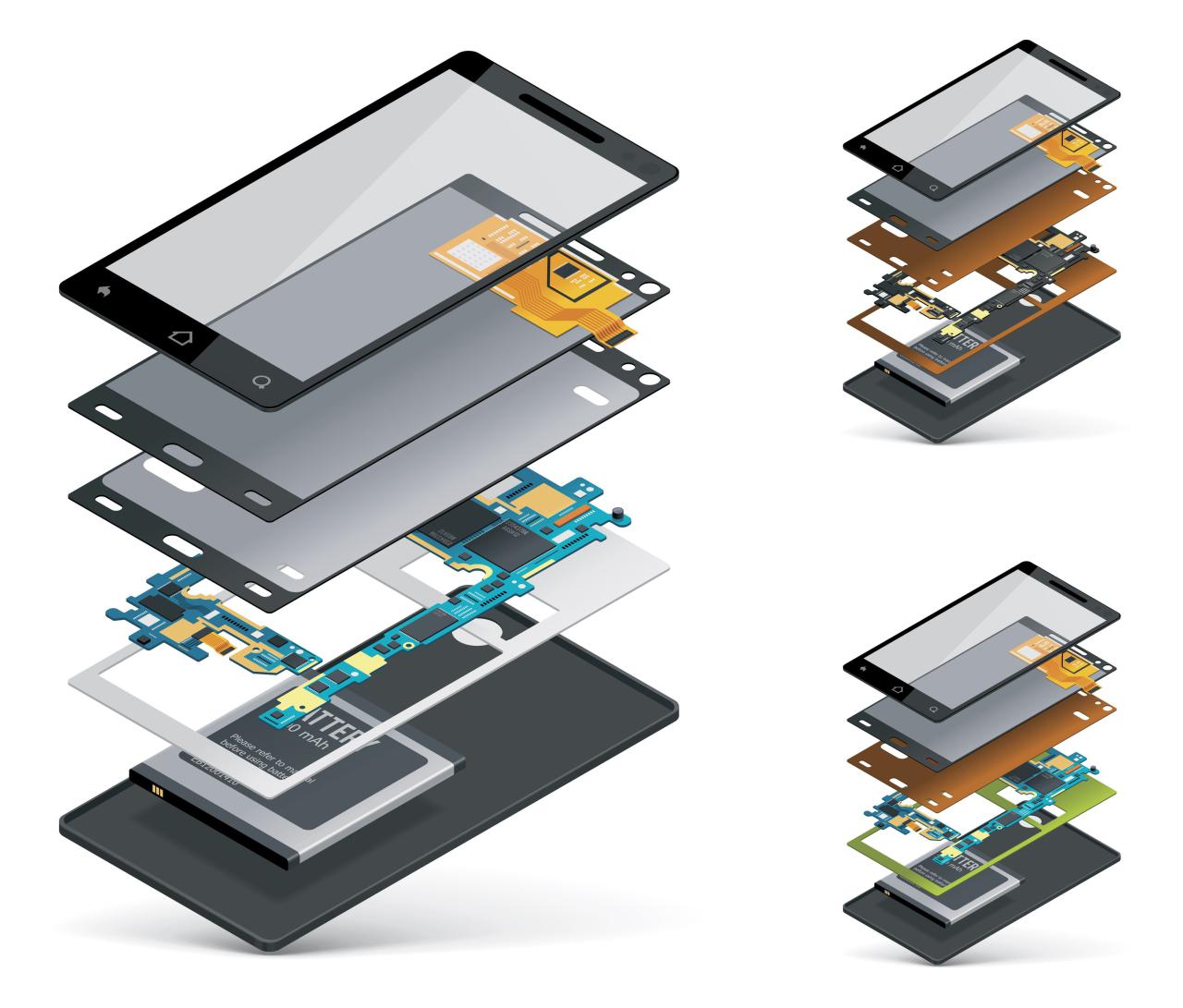
my country’s PEN resin market is blank and the industry has huge room for future development
Polyethylene naphthalate (PEN) is an engineering plastic with excellent comprehensive properties. It has excellent mechanical properties, chemical stability, optical properties, heat resistance, gas barrier properties, etc., and is significantly better in functionality than PET, PBT and other materials are mainly used in packaging containers, electrical insulation films, insulation materials, electronic cigarettes, OLED packaging and other fields. Due to its excellent functionality and wide range of applications, PEN’s industry development has attracted attention from the government and various industries, and it has become one of the fastest developed and applied polymer materials in the past decade.
The production of PEN usually uses 2,6-naphthalenedicarboxylic acid (NDA) or NDC as raw material, using Ti, Sb, Co, Mn and other complex salts as catalysts, and then transesterification (or esterification) with ethylene glycol (EG) ), pre-polycondensation, polycondensation and other steps. At present, the raw materials used in the actual production of PEN are all NDC, so the production process is all transesterification.
From a development perspective, since PEN has better performance than PET and PBT and its price is no higher than the two, it will become a substitute for the above two materials and be used in fields such as smartphones and automotive electronics. Currently, PEN films are used in FPCs for automobile dashboards, seat sensors and other components in developed countries such as Europe and the United States. In addition, PEN can also be used as a liquid crystal polarizing film. The current material used for liquid crystal polarizing protective films is PET. PET has superior performance, but its thickness is high, which is not in line with the development direction of thinner and lighter electronic products. Therefore, PEN may replace PET in the future. Used in liquid crystal polarizing films. Currently, Ben Toyobo has developed PEN liquid crystal polarizing protective film.
According to the“2020-2025 Polyethylene Naphthalate (PEN) Industry Market In-depth Research and Investment Prospect Forecast Analysis Report” released by the Industrial Research Center It shows that in terms of production, developed countries such as Europe and the United States have researched PEN earlier and their production technology is more mature. Representative companies in the PEN industry include Toray, Teijin, Toyobo, Mitsubishi Chemical, Zhongbo, KOSA, etc. Among the above companies, except for Teijin, the products produced by the remaining companies are all PEN slices. Teijin Group has an early layout in the PEN field and has leading technology. The homopolymer PEN it produces can be directly used in the production of films, fibers, etc. However, compared with PET, PEN is more expensive and less cost-effective, which limits the development of the industry. Currently, only Teijin Group can produce PEN resin in the world, with a global production capacity of only 10,000 tons.
my country’s PEN industry started late and developed slowly. Currently, only a few units are conducting research on the production and application of PEN. So far, there is no PEN production equipment in my country, and there are no new or proposed plans. However, because PEN production technology is very similar to PET technology, if PEN applications mature and raw material NDC achieves self-sufficiency, PEN production capacity will usher in an explosion. increase.
Industry analysts said that PEN has excellent comprehensive performance and a wide range of applications, but its practical application is immature, so the market demand is relatively small. , the industry is still in the nurturing stage. In terms of production, PEN production capacity is mainly concentrated overseas. my country does not yet have any production or planned production equipment. The market is relatively blank and has great development opportunities.

 微信扫一扫打赏
微信扫一扫打赏

